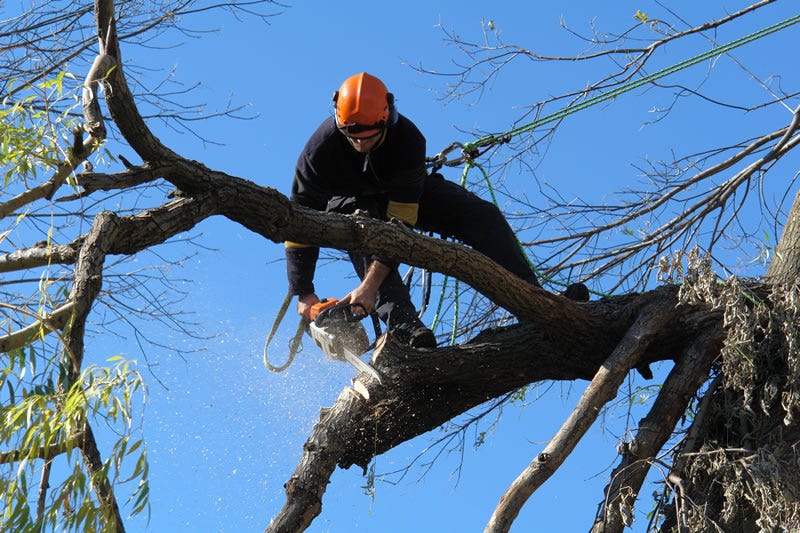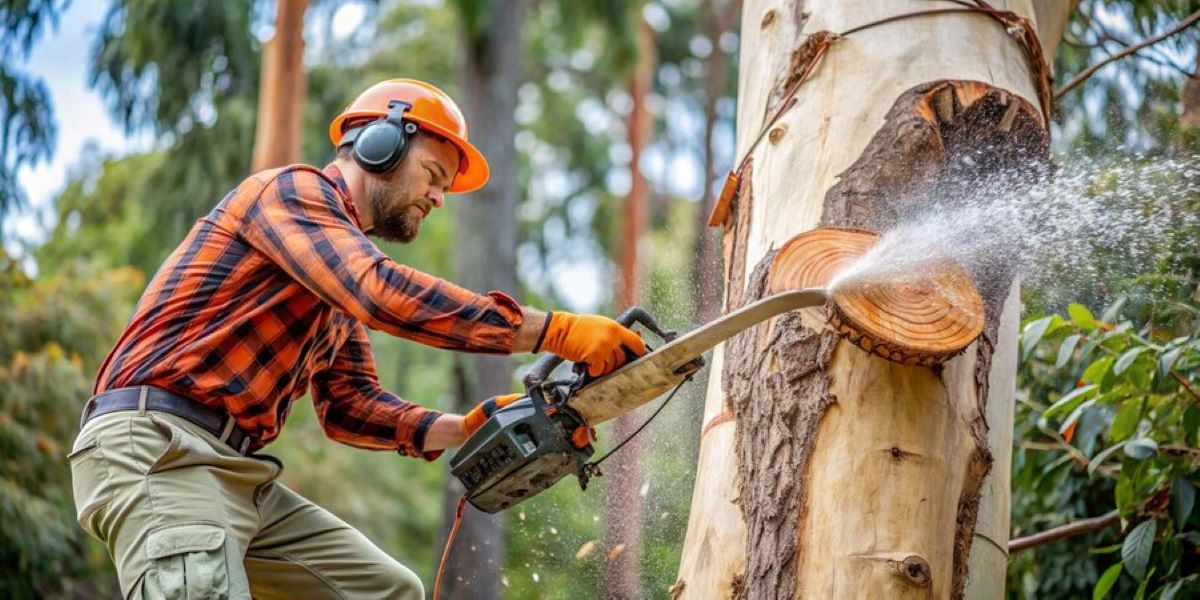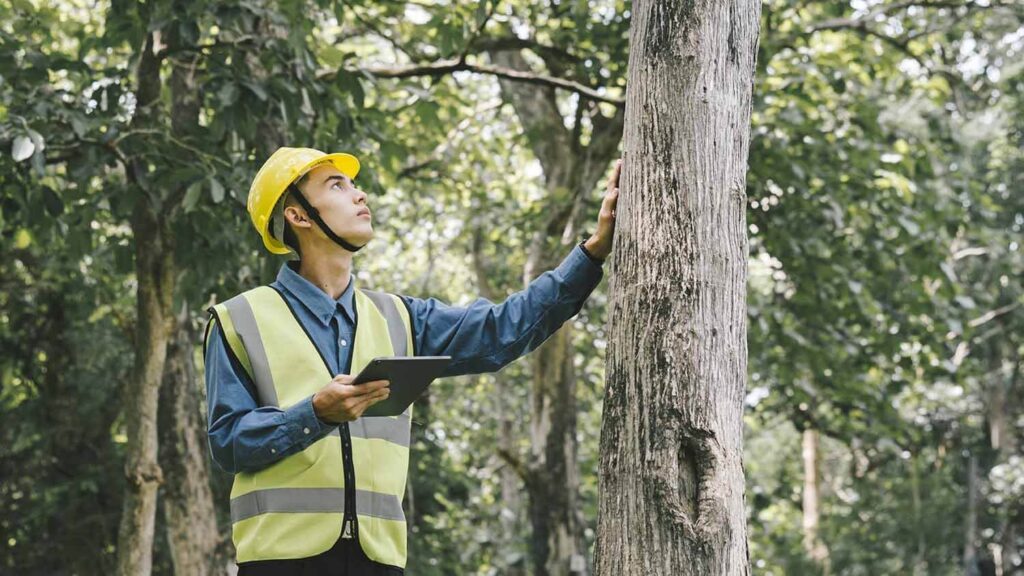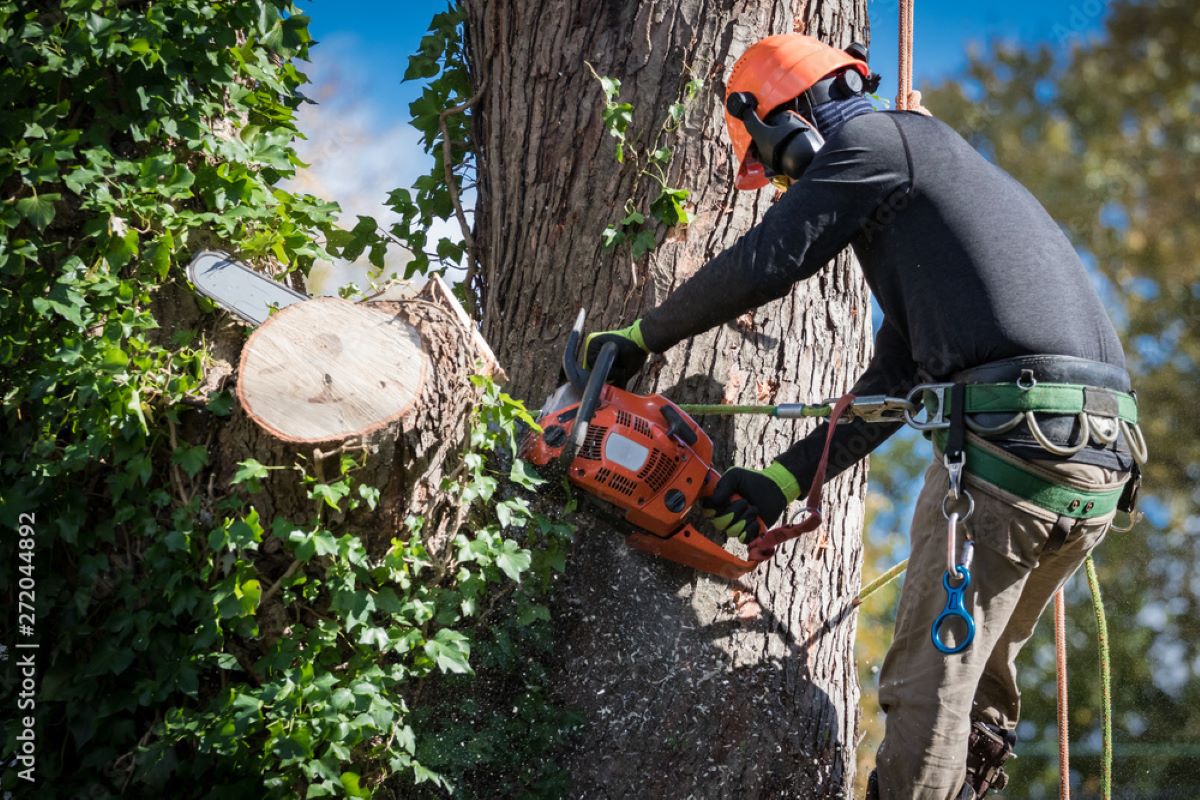The Central Coast of New South Wales is renowned for its stunning natural beauty, characterised by lush greenery and picturesque landscapes. However, as residential areas continue to expand, the need for tree removal becomes increasingly significant. This article delves into the reasons for tree removal in growing residential areas, the benefits of professional services, and the importance of sustainable practices.
The Need for Tree Removal in Expanding Communities
As populations grow and new developments spring up, the landscape of the Central Coast is evolving. While trees are vital for the environment, certain circumstances necessitate their removal. Understanding these reasons can help residents make informed decisions.
Safety Concerns
One of the primary reasons for tree removal central coast services is safety. Trees that are diseased, damaged, or structurally compromised can pose a significant risk to nearby homes and individuals. In high winds or storms, weakened trees are more likely to fall, potentially causing injury or property damage. Regular assessments by professionals can identify trees that may require removal before they become a hazard. Additionally, the presence of invasive species can exacerbate these risks, as they often grow rapidly and can overshadow native trees, leading to an increased likelihood of structural failure. Homeowners should remain vigilant and consult with arborists to ensure that their properties remain safe and secure.
Land Development
As residential areas expand, land development often requires clearing space for new homes, roads, and infrastructure. This process may involve the removal of trees that are in the way of construction projects. While this is sometimes necessary for progress, it is crucial to approach the process thoughtfully, ensuring that the impact on the local ecosystem is minimised. Developers are increasingly recognising the importance of sustainable practices, often opting to incorporate green spaces or replant trees in other areas as part of their projects. This not only helps to preserve the natural beauty of the region but also mitigates the environmental impact of development, fostering a more harmonious relationship between urban growth and nature.
Health of Surrounding Flora
In some cases, trees can become detrimental to the health of surrounding vegetation. Overcrowded areas may lead to competition for resources, such as sunlight and nutrients. Removing certain trees can promote the overall health of the remaining flora, allowing for a more balanced ecosystem. This practice not only benefits the environment but also enhances the aesthetic appeal of residential areas. Furthermore, the removal of invasive species can play a critical role in restoring native habitats, as these non-native trees often disrupt local wildlife and plant communities. By carefully managing tree populations, communities can foster biodiversity and create environments that support a wide array of species, ultimately enriching the local ecosystem for future generations.
Benefits of Professional Tree Removal Services
While some homeowners may consider DIY tree removal, enlisting the help of professional services is often the best course of action. Professional tree removal companies possess the expertise, equipment, and safety measures necessary to handle the task effectively.
Expertise and Experience
Tree removal is not as straightforward as it may seem. Professionals are trained to assess the condition of trees and determine the safest and most efficient removal methods. Their experience allows them to navigate potential hazards, such as nearby structures or power lines, ensuring that the process is carried out safely.
Proper Equipment
Tree removal requires specialised equipment, including chainsaws, stump grinders, and safety gear. Professional services come equipped with the tools necessary to handle trees of various sizes and conditions. This not only ensures a more efficient process but also reduces the risk of accidents that can occur when using improper tools.
Environmental Considerations
Responsible tree removal services prioritise environmental considerations. They understand the importance of preserving the local ecosystem and often implement practices that minimise damage to surrounding areas. Many companies also offer tree planting services, helping to offset the impact of removal by encouraging new growth in suitable locations.
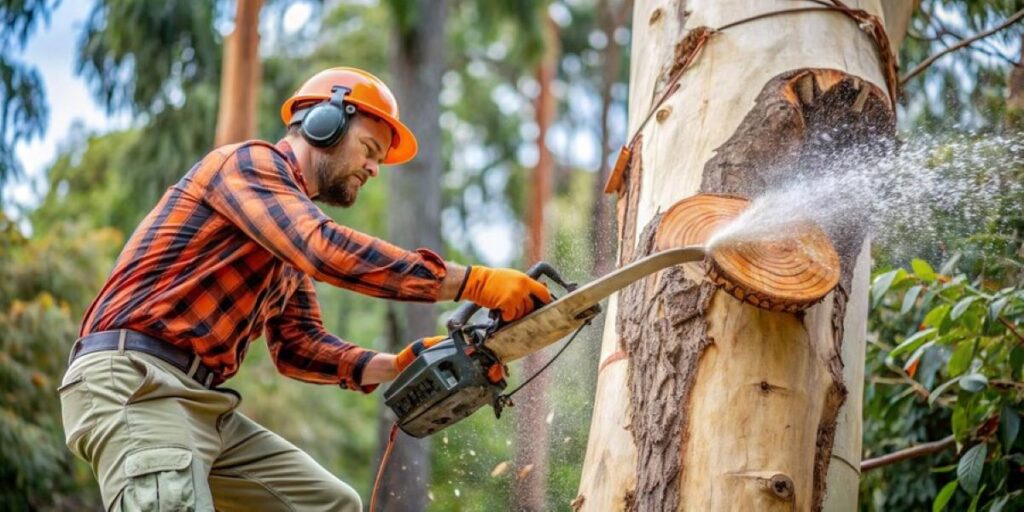
The Process of Tree Removal
Understanding the tree removal process can help residents feel more at ease when considering this necessary action. The process typically involves several key steps, each designed to ensure safety and efficiency.
Initial Assessment
The first step in the tree removal process is an assessment by a qualified arborist. This expert will evaluate the tree’s health, structural integrity, and its proximity to nearby structures. Based on this assessment, they will recommend whether removal is necessary and outline the best approach.
Planning and Preparation
Once the decision to remove a tree has been made, careful planning is essential. This includes determining the best time for removal, considering factors such as weather conditions and the tree’s surroundings. Professionals will also create a plan for debris removal and site restoration, ensuring that the area is left clean and safe.
Execution of Removal
The actual removal process involves cutting down the tree in a controlled manner. Professionals will use techniques that ensure the tree falls in a predetermined direction, minimising the risk of damage to surrounding structures. After the tree has been felled, the stump may be ground down or removed entirely, depending on the homeowner’s preferences.
Post-Removal Considerations
After a tree has been removed, there are several considerations that homeowners should keep in mind. These include site restoration, potential replanting, and ongoing maintenance of the surrounding landscape.
Site Restoration
Once a tree is removed, the area may require restoration to ensure it remains visually appealing and functional. This can involve filling in holes left by the stump, re-seeding grass, or even creating new planting beds. Professional services often offer site restoration as part of their package, ensuring a seamless transition.
Replanting and Landscaping
In many cases, homeowners may wish to replace the removed tree with a new one. Selecting the right species is crucial, as it should be suitable for the local environment and the specific conditions of the site. Native species are often recommended, as they support local wildlife and require less maintenance.
Ongoing Maintenance
After tree removal and potential replanting, ongoing maintenance is essential for the health of the landscape. This includes regular watering, mulching, and monitoring for pests or diseases. Engaging a professional landscaping service can help ensure that the area remains vibrant and healthy for years to come. Check out more about How tree removal Inner West can prevent property damage.
Environmental Impact and Sustainable Practices
As tree removal becomes a necessity in growing residential areas, it is crucial to consider the environmental impact. Sustainable practices can mitigate the negative effects of tree removal and promote a healthier ecosystem.
Responsible Removal Practices
Responsible tree removal services prioritise sustainability by employing methods that minimise harm to the surrounding environment. This includes careful planning and execution, as well as efforts to preserve nearby vegetation whenever possible. By choosing a company that values sustainability, homeowners can contribute to the health of their local ecosystem.
Recycling and Reusing Materials
Many professional tree removal services offer recycling options for the wood and debris generated during the process. This can include chipping branches for mulch or repurposing timber for various uses. By recycling materials, the environmental impact of tree removal can be significantly reduced, promoting a more sustainable approach.
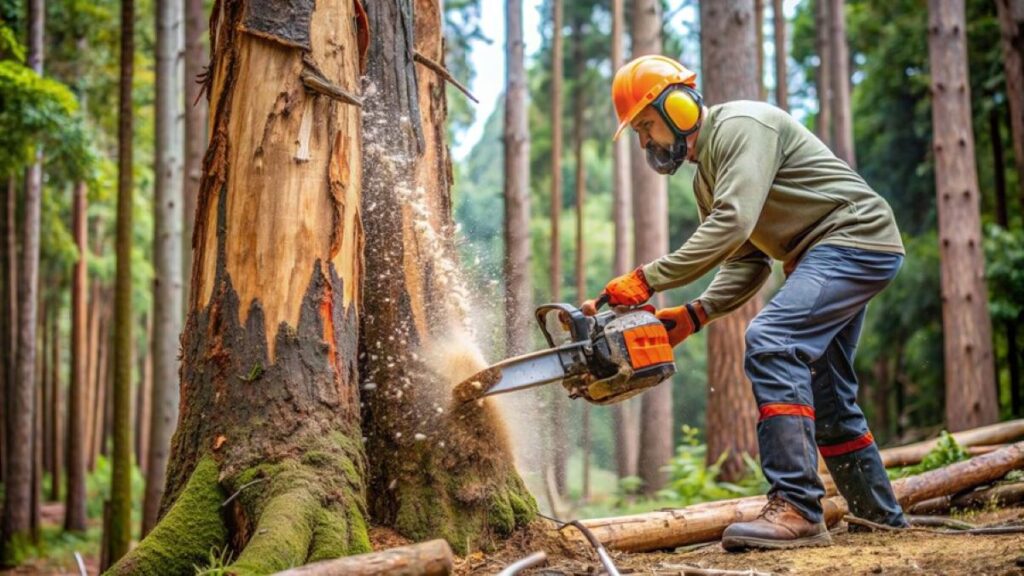
Community Engagement
Engaging with the local community about tree removal and replanting initiatives can foster a sense of responsibility towards the environment. Community tree planting events can help replenish lost greenery and enhance the natural beauty of residential areas. Residents are encouraged to participate in these initiatives, promoting a culture of sustainability.
Conclusion
Tree removal in the Central Coast is a necessary aspect of managing growing residential areas. While the removal of trees can seem daunting, understanding the reasons behind it and the benefits of professional services can alleviate concerns. By prioritising safety, environmental considerations, and sustainable practices, residents can navigate the complexities of tree removal while contributing to the health and beauty of their community.
As the Central Coast continues to evolve, embracing responsible tree removal and replanting initiatives will ensure that the region remains a vibrant and sustainable place to live. By working together, communities can balance development with the preservation of the natural environment, creating a harmonious living space for all.

